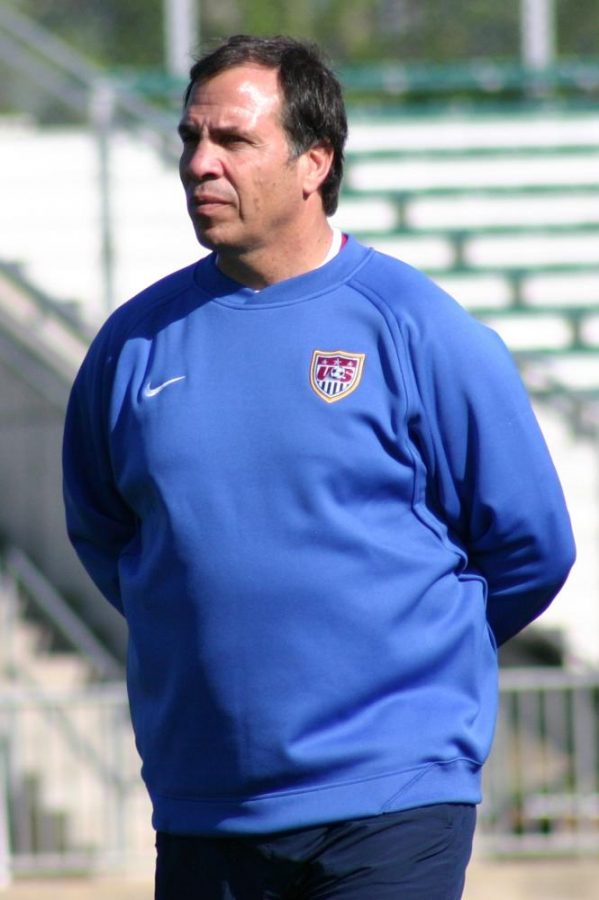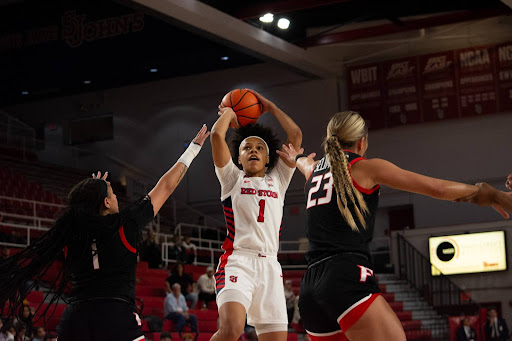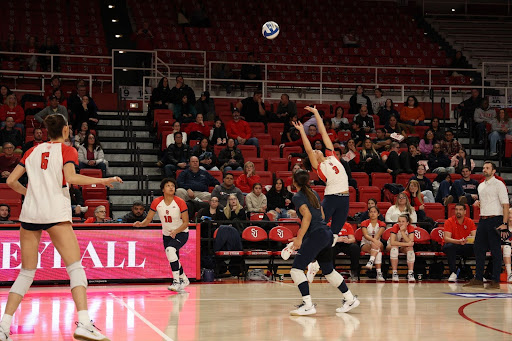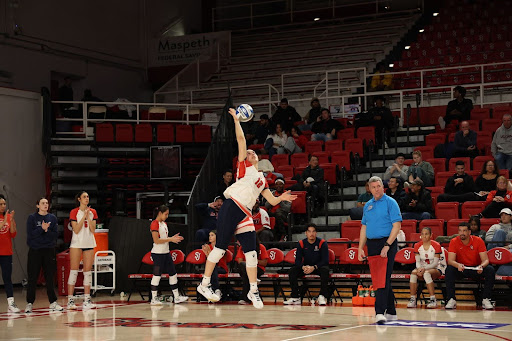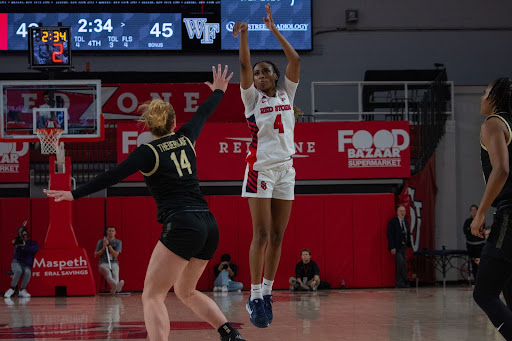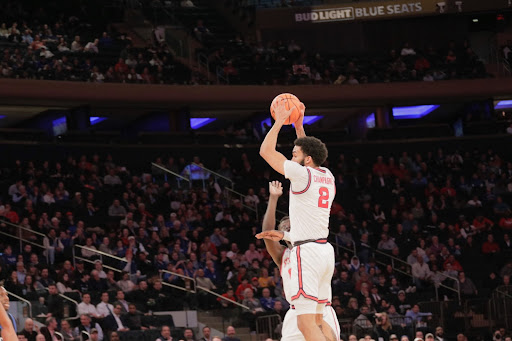What’s the excuse this time?
In the beginning of the United States Men’s National Team’s World Cup Qualifying Campaign, after losses at home to arch-rival Mexico and and a 4-0 thrashing on the road at Costa Rica, it was former manager Jurgen Klinsmann’s fault.
After a loss in September to Costa Rica at home in Harrison, N.J, the excuse was that the crowd wasn’t raucous enough, that having a game played in an immigrant-heavy section of the country somehow made the United States Men’s National Team to come out flat. They lost that game 2-0. To be fair, it was Klinsmann’s time to go when he was fired on Nov. 21 last year. But he can’t possibly be the problem now.
So, in stepped Bruce Arena. Despite some early success and legitimate reason for optimism, Arena and the squad’s 2-1 loss to Trinidad and Tobago last night meant that the United States won’t be partaking in next year’s World Cup festivities in Russia. This is the first time that the Stars and Stripes won’t be playing in the tournament since 1986.
If there was one theme to this past trip through qualifiers, it would be this: if the goals weren’t coming from Christian Pulisic, they weren’t coming from anywhere else. Pulisic has nine goals in 20 caps for the team, and is well on his way to becoming the United States’ first global soccer superstar. But, at times it looked like the team was in awe of him, rather than playing in sync with him.
The team often looked flat, with no dynamic play, and when teams employed the “hack-a-Pulisic” philosophy that threw him off his rhythm, the United States had no one else.
Bruce Arena’s loyalty got in the way of the team’s true success. He coached Omar Gonzalez when they were both with the Los Angeles Galaxy in MLS. When it mattered most, Arena went with Gonzalez on the backline, and Gonzalez fluttered. A vital game on the road should have seen the U.S. drop three points to Honduras after an unsure challenge by Gonzalez allowed Romell Quioto to score.
https://twitter.com/YahooSportUK/status/918018980320825344
A late Bobby Wood equalizer would salvage a point. Then, last night, Gonzalez scored an own goal, giving the Trinidad and Tobago squad a 1-0 lead.
It’s a shame for the United States because at a time when the country is so divided, a strong performance next summer could have really brought Americans together, as we have come to expect every four years.
This shock, and quite frankly embarrassment, should signal to U.S. Soccer President Sunil Gulati and U.S. Soccer that change is needed. A complete rebuild of the squad is the only way to continue the game’s development in the country. A youth movement is needed. Whether Arena stays or leaves doesn’t matter too much. There needs to be a new facet of fresh young-faces. Arena had, and still has, a boatload of young talent as his disposal that he continues to choose not to use.
This past summer, the USA Under-20 team made it to the quarter-finals of the U-20 World Cup. They lost to Venezuela, who went on to finish as runners-up in the tournament.
This team is the next generation of players that Arena’s squad needs to start playing now. Striker Josh Sargent won Silver Boot at the tournament, finishing with four goals. His performance helped him land a transfer to Werder Bremen of the German Bundesliga, the top soccer league in Germany and the same one that Christian Pulisic plays in. Sargent is set to join the squad in 2018, and is currently just 17 years old.
The team also had Jeremy Ebobisse and Brooks Lennon score two goals apiece at the tournament. Four other different players scored. The offense was potent. The team was full of creative, incisive play, something the senior team often lacks.
Then, the team also featured rising star Cameron Carter-Vickers. “CCV” is consistently ranked as one of the top American prospects under-21. As a center back, he possesses ridiculous athletic ability while also boasting a rare technical ability that’s not normally seen from someone his age. At one of England’s biggest clubs, Tottenham, Carter-Vickers could be a very real solution at center back when he returns from his loan to Sheffield.
The younger squad also had German-born Gedion Zelalem, who was granted American citizenship in 2014 and was approved to play for the U.S. in 2015. A knee injury will significantly impede his progress, but his ability to control a game with passing is something the United States have missed for years.
What’s the takeaway from all this? The “golden generation” for the United States of Michael Bradley, Tim Howard, Jozy Altidore and others is on the outs. There is an influx of young talent coming in that was untapped, unfortunately, during this qualifying cycle.
This is no guarantee that these budding stars will step into CONCACAF play and light it up, but whether it be Bruce Arena or a completely different manager, a bunch of fresh new faces is needed.
The United States has their first world class talent in Pulisic, and they cannot let his stellar skillset go to waste by missing out on major tournaments like the World Cup. U.S. Soccer needs to get these young talents into the senior team as soon as possible.
Considering they were not used at all this time around, the U.S. has the opportunity to groom them in friendlies to make sure that this catastrophic embarrassment will not happen again.



